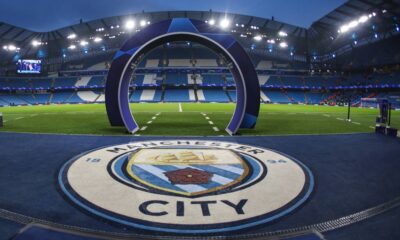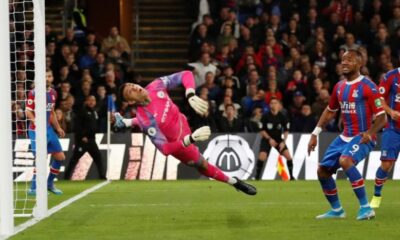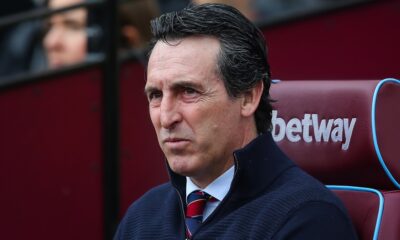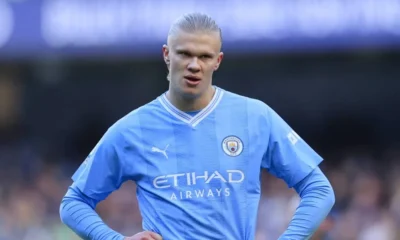Football
The story of the stadium: St. James’ Park is the home of Newcastle United, and it has charmed Barosh
For a football fan, especially one focused on football temples, Newcastle United’s stadium is a real treat. This sentence begins the introduction to St. James’Park in the book Football Stadiums by Jiří Vojkovský.
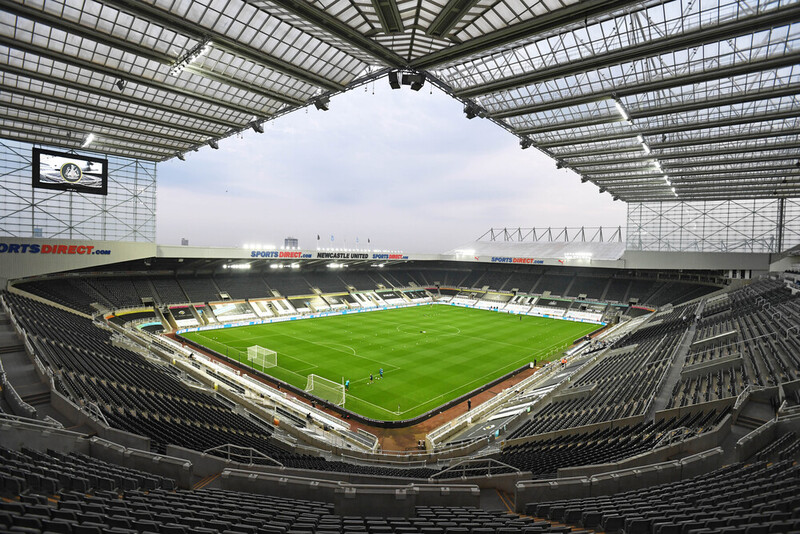
For a football fan, especially one focused on football temples, Newcastle United’s stadium is a real treat. This sentence begins the introduction to St. James’Park in the book Football Stadiums by Jiří Vojkovský.
St. James’ Park was voted home to Newcastle United in 1892, but football had previously been played here since at least 1880. Throughout history there have been many plans for expansion of the stadium itself, which have many times caused conflict with local residents and the local council.
These events have also led to two proposed relocations in the past – once towards the end of the 1960s, and again in the controversial year of 1995 when there were already plans to move the Magpies to an area called Leazes Park. The reluctance to redevelop the stadium led to today’s prominent appearance of tilted asymmetrical stands.
The stadium is named after the nearby St James’s Chapel Hospital. In 2011 it was renamed Sport Direct Arena after its partner. Fans, however, are clear. Whoever Newcastle’s main sponsor is, they will always come to St. James’ Park to cheer.
Back in 2015, Newcastle’s stadium was the third largest in the Premier League with a capacity of over 52,000. It is currently the seventh largest stadium in the English league after the stadium renovations of Manchester City, Tottenham, Liverpool and West Ham’s move to the Olympic Stadium.
The previous attendance record dates back to 1930. 68 386 spectators attended the Chelsea match. Newcastle also hosted three group stage matches in the 1996 European Championships, as well as hosting the 2012 Olympic football tournament and a couple of Rugby World Cup matches in 2015.
Pavel Srníček, who joined St. James’Park from Baník Ostrava in 1991 and stayed there for seven and a half years, left a Czech mark on the club. He returned to the club in 2006 and finished his professional career here at the age of 39.
“Newcastle has a proper, typical English stadium where I always experienced a great atmosphere. It hasa charm from the outside and inside, and when the stands are filled to the roof with more than 50,000 fans with mining roots who call themselves Geordies, it makes for a good atmosphere.”
Sources

